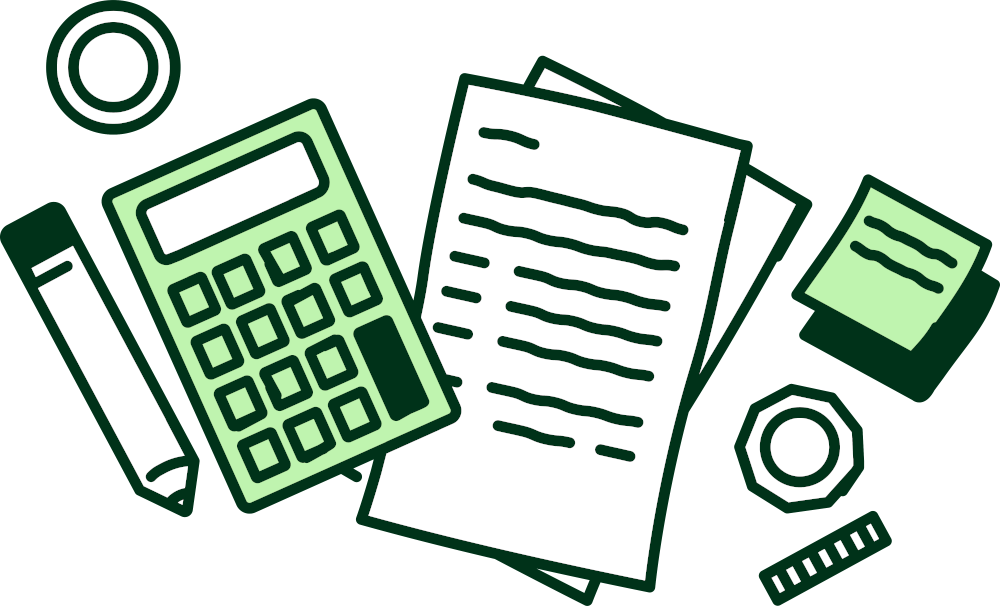What is bankruptcy?
When you go bankrupt, your assets may be used to pay off your debts. After a time (usually one year) most of your outstanding debts are written off. This could help you make a fresh start. You can apply for bankruptcy yourself or a creditor can apply to make you bankrupt. It is rare for creditors to try and make someone bankrupt.
How to go bankrupt yourself
You can apply to go bankrupt online at www.gov.uk/bankruptcy. It costs £680.
Your application goes to the adjudicator at the Insolvency Service. They will decide whether to make a bankruptcy order within 28 days.
What happens if I go bankrupt?
A person is appointed to deal with your bankruptcy. They are called the official receiver. The official receiver will look at your income and expenses to see if you have any spare income after paying for essential living expenses. These include your mortgage, rent, household bills and food. If you have spare income above £20 per month, you usually have to pay it all into your bankruptcy for three years.
The official receiver can sell some of your assets and use the money to pay debts. You can keep enough money for day-to-day living costs.
Going bankrupt will affect other things in your life, including:
- You usually have to close your bank or building society account when you are made bankrupt. Most high street banks will allow you to open a basic bank account.
- You may find it hard to get credit, even after the bankruptcy order has ended.
How long does it last?
Most bankruptcy orders end after one year.


